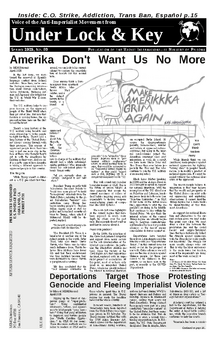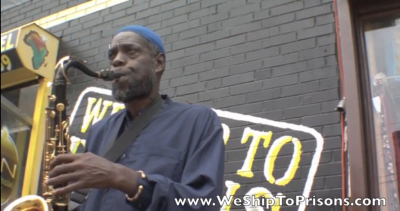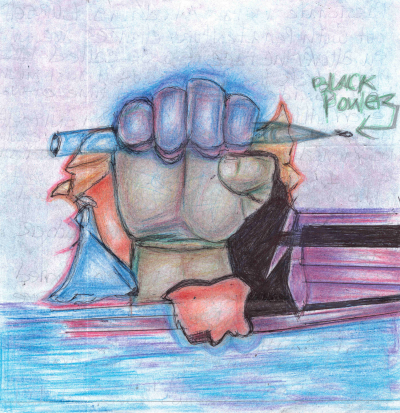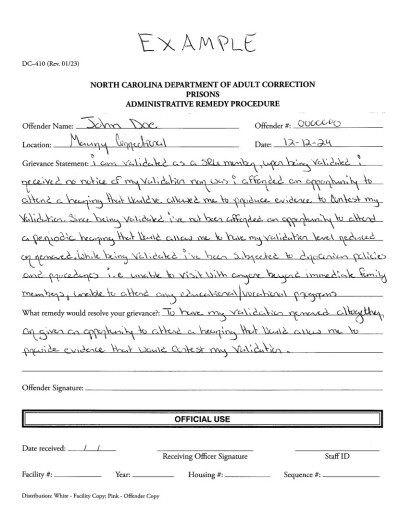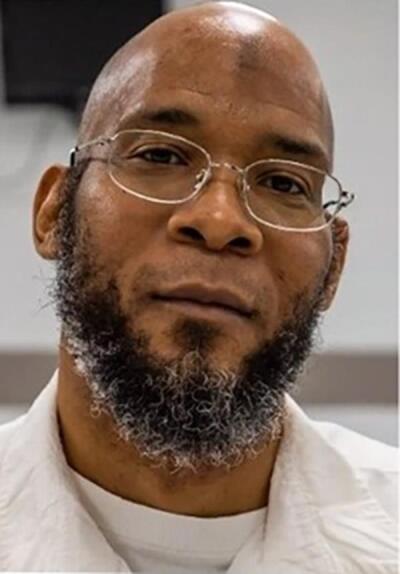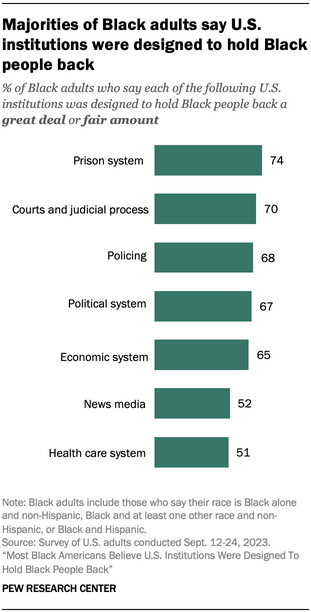
Interview with the Revolutionary Eseibio the Automatic
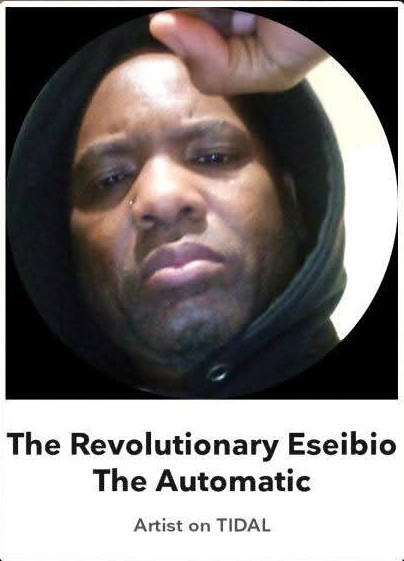
Comrade Eseibio, revolutionary greetings, it is my pleasure to have the opportunity to conduct this interview facilitated by the comrades at MIM(Prisons). Let me jump right into these questions:
1. By listening to your work, one can clearly see you have a firm grasp of social development. Can you share how you initially were introduced to revolutionary theory and historical organizations and individuals who practiced a revolutionary line?
My uncle was a Black Panther Party member in the early days of the Party. So I been around it all my life. My first introduction was me as a teenager getting caught shoplifting and sent to juvenile hall, and my uncle came to get me out. That’s something the Panthers did, get young brothers out of jail and juvenile hall. I was too young to understand why he did it. Then when I got a little older I had another mentor named Melvin Dickson who was a Black Panther Party member. He took me under his wing and showed me and taught me everything about being a real revolutionary and pushing a hard revolutionary line.
2. In one of your songs Bust a Cap, you spit: “I’m a revolutionary Black Nationalist,” Is this still your political identification? Why or why not?
Yes. I’m a revolutionary, a Black Nationalist, but also much more than that. Something that the Panthers taught me is that there is no more nations. Just communities. We use the word intercomunualism. Because an attack against one is an attack against all.
3. What do you believe is the current state of the revolutionary Black nationalist movement? What can we do to improve?
I believe the current state of the movement is heading in the right direction. Because comrades are getting more politically educated and are beginning to have more real solidarity with each other. And that’s what will help us organize more effectively.
4. I’ve been told your new project is centered upon Mao’s Red Book. What led you to make that book the inspiration of your project?
Yes all of my album and lyrics reflect the red book. The Black Panthers sold red books at UC Berkley. That’s a book that I read so many times it’s a part of who I am and I don’t go a day with out reading it. The Panthers got a saying: “Malcolm X in my heart, red book in my pocket.”
5. What is your favorite chapter or quote from the Red Book or from Mao generally and why?
That’s easy. The very first quote in chapter one. Because it was written on Sept 15th, and that’s my birth day. It says the force leading the cause forward is the revolutionary party. And our thinking is Marxism-Leninism.
6. With the recent elections and the clear rightward shift among most sectors, What are your thoughts on the best ways to move forward and organize in this political and social climate?
My thoughts are to organize around providing for the children. That’s how the Panthers did it. They started with a stop sign at an elementary school and a free breakfast program that was for the children. By teaching the truth to the youth you’re educating the next generation of revolutionaries to continue the struggle. The elder party members taught me and now it’s my turn to pass on the known. Each one teach one.
7. What are your thoughts about the clear rightward shift of an increasing amount of New Afrikan/Black men? Does this affect our ability to reach the masses, if so how?
Yes it does because they got the money and owns all the radio and TV stations. If we want to reach the masses we gotta be more creative and out organize them and use technology to our advantage.
8. What musical accomplishment are you most proud of? What keeps you motivated?
I’m proud of all my work and my biggest accomplishment is my album that I have not recorded yet. Or even started. It’s and accomplishment for me to keep going and making good music. Just recently I was in a documentary movie called “Stop Selling Grandma’s House.”
9. What artists do you listen to yourself?
I listen to a lot of myself. One artist that I think is dope right now is Dave East. I make beats so I listen to a lot of old school. And I listen to tons of audio books. From people like Malcolm X, Huey P. Newton, etc.
10. In your music you reference Political Prisoners often. Amerika, Inc. denies the existence of Political Prisoners and Prisoners of War within its institutions. Trump calls the cats from the January 6 incident Political Prisoners. So, there is confusion for some on this issue. From your perspective who or what is a political Prisoner/Prisoner of War in the context of occupied Turtle Island?
Because of the politics of America We all are political prisoners and we just don’t know it. There’s only 2 Black Panther Party members in prison left. Mumia abu Jamal and H. Rap Brown [now Jamil al-Amin]. People have that term confused and think that if you throw a rock through a window and getting arrested makes them a political prisoner. But it’s much more than that.
11. Anybody on the inside you want to shout out?
Yes I want to shout out MIM(Prisons) and say “All power to the people!” to all the comrades behind the walls, and free my little cousin Quincy Lane locked up 20+ years in the California prison system. Free Mumia and H. Rap Brown. Let’s organize and watch crime drop and turn all the gang members back into revolutionaries. Listen to my new album “West Coast Revolutionaries.” Oh yea, can’t forget about all of the sisters in prison and all the babies born in jail. Recidivism is a serious thing. Let’s stay out of prison and get back out on the streets organizing our communities.
P.S. Thanks for your time, Comrade-Brotha Eseibio. The ’rades on the inside are bumping your music and we salute you for the content you pushing. Clenched Fist salute. - Triumphant, New Afrikan Political Prisoner
MIM(Prisons) responds: Thanks to Triumphant and Comrade Eseibio for this interview; there are a couple things we’d like to address. First, it is true that Mumia Abu-Jamal and Jamil Abdullah al-Amin are still in prison, however, as far as we know, Kenny “Zulu” Whitmore and Kamau Sadiki are still in prison as well, making at least four former Panthers who are currently incarcerated.
Secondly, we’d like to take this opportunity to discuss the concept of intercommunalism and what it means for our struggle. Huey P. Newton argued that by the 1970s the concept of nation had become obsolete due to the increasing globalization of the world under capitalism. Ey argued that the whole world has become tied together as a unified, economically interconnected system, the idea of any nation gaining independence has become outmoded, and the project of national liberation is not ultimately possible. Newton said we live in an interconnected world system called “intercommunalism,” but the kind of intercommunalism we live in today is reactionary, since it is still based on the overall dominance of the United $tates. Therefore, the project in front of us is to transform reactionary intercommunalism into revolutionary intercommunalism by reorganizing the social relations in society into socialist ones. Armed struggle and revolutionary nationalism were opposed by Newton as outmoded forms of struggle in the years following the peak of the Black Panther Party, after it had split with members who went on to organize Black Liberation Army cells separately. Newton’s faction advocated for building revolutionary intercommunalism community-by-community and building the world into a socialist one on the basis of the strong economic ties created by capitalism.
In practice, the theory of intercommunalism results in “micro-politics.” Instead of fighting for the large goal of national independence and self-determination, we should fight for small, community-level changes that will eventually build up into a global change. Second, intercommunalism prevents us from supporting struggles for national liberation abroad, even though Huey Newton still upheld this to an extent, supporting the Vietnamese struggle against the United $tates; but if we carry the theory to its logical conclusions we cannot come to the conclusion that national liberation is a practicable goal. It goes without saying that these views on what is to be done are in direct contrast to ours. We see our struggle as expressly for the national liberation of the oppressed nations of the whole world, and it is for that reason that we say that we are for the nationalism of the oppressed.
But let us touch on the theory of intercommunalism briefly. It is undoubtedly true that capitalism has a tendency towards the economic integration of all nations into a whole, in a word, towards globalization. However, Newton regards this process as already complete. But if this process is complete, where does the spontaneous tendency towards nationalism arise? The struggle in Palestine, for example, is a spontaneous reaction to national oppression. Why this national division if nations no longer exist? Instead of explaining why national liberation struggles continue, Newton regards them as mistakes. Newton, therefore, fails to explain the events of the world, and merely denounces them. It is evident to anyone who asks the question as to the origin of continuing national liberation struggles that we cannot merely write them off as being the product of people having a false understanding of the world: they are rather based in the real, material interests of the nations involved. To the supporters of the theory of intercommunalism, we ask for an explanation of why national wars continue to exist. In the absence of such an explanation, we regard intercommunalism as an exaggeration of capitalism’s inherent tendency towards globalization, an exaggeration which takes a mere tendency to be already complete.
